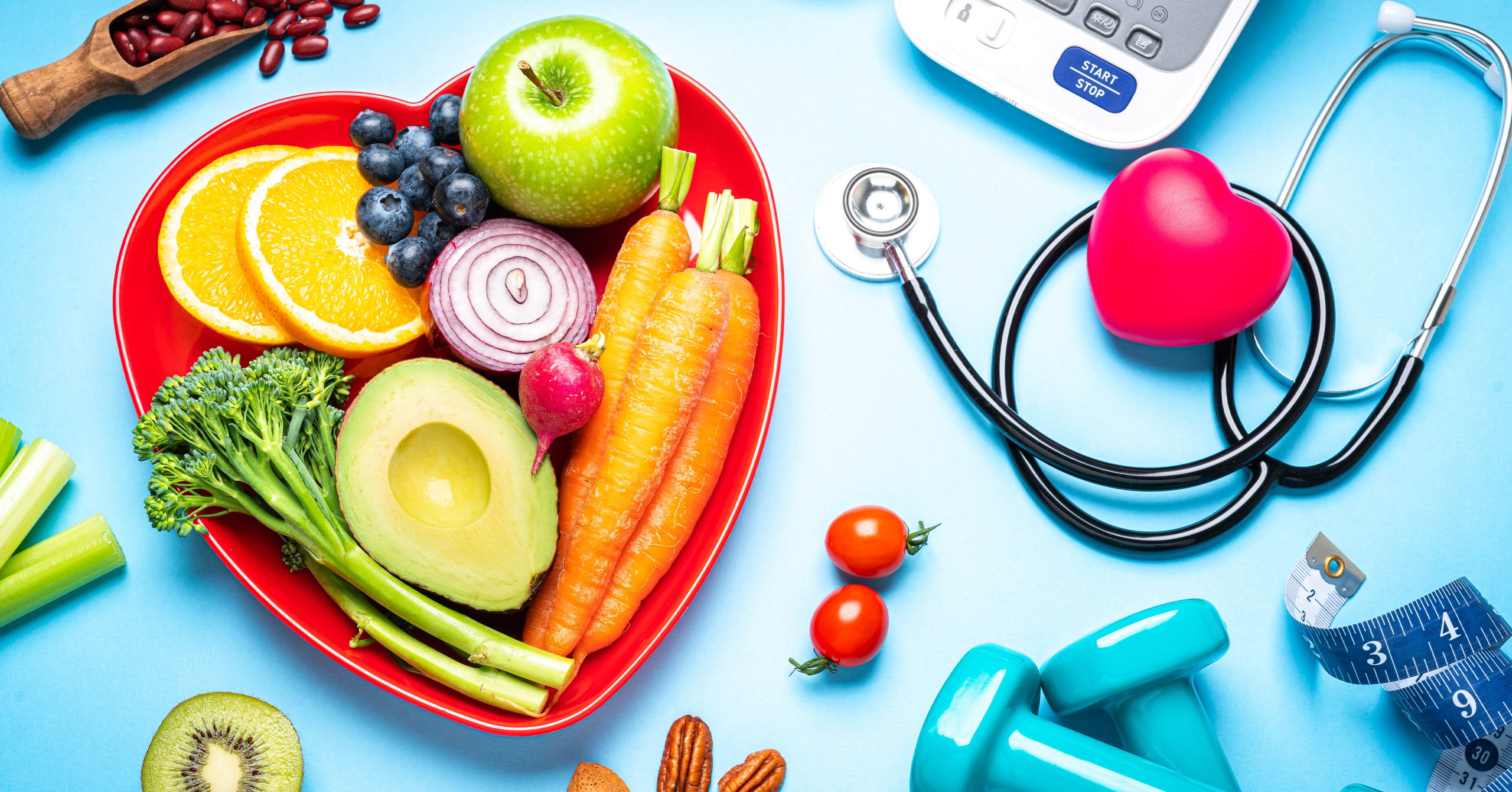Although we have the technology to manage cardiovascular events more effectively and efficiently, cardiovascular disease (CVD) continues to be a growing health concern. Let’s look at the various ways we can promote cardiovascular health and reduce our risk of CVD.
To start, let’s look at low density lipoproteins aka LDL since it’s what most practitioners address when assessing CVD risk factors. Traditionally, LDL has a bad reputation. However, with growing research we now know that LDL can be beneficial.
In fact, LDL is needed to transfer proteins bound with cholesterol that the liver makes to target cells where functional proteins and key molecules including hormones are synthesized. When controlled, this is where LDL serves an important function in the body.
It’s small dense lipoproteins (sd-LDL-C) that are more concerning and the type of cholesterol we should be monitoring more closely when assessing risk. When LDL-C and (sd-LDL-C) are oxidized, they can damage the walls (endothelium) of your arteries which jumpstarts a targeted inflammatory response.
One of the inflammatory responses that occurs from this is the transfer of cholesterol (LDL) and white blood cells to the site of injury. This causes a build up of plaque and fat in your arteries.
Simply put, LDL that is damaged by oxidation is what makes cholesterol an issue when looking at cardiovascular health. Now that we have a better understanding of cholesterol’s function in the body, how can we go about addressing high cholesterol in relation to CVD.
Increase Antioxidant Intake
We’ve learned that LDL damaged by oxidation is most concerning. That’s where antioxidants come in to combat oxidative stress. Antioxidants like CoQ10, Grape Seed Extract, Resveratrol, Gingko and Cordyceps all protect LDL and sd-LDL from being oxidized while in circulation.
Prescriptions and Supplements can work synergistically to support healthy cholesterol levels
According to Harvard Health Publishing "The body packages cholesterol and other lipids into minuscule protein-covered particles that mix easily with blood. These tiny particles, called lipoproteins (lipid plus protein), move cholesterol and other fats throughout the body."
Ingredients such as Hawthorn, Cordyceps, Garlic and Grape Seed Extract can reduce the packaging of cholesterol in the liver into LDL. Even with the use of Statins (cholesterol lowering drugs), our body must still make cholesterol to maintain physiological functions. Statins reduce the amount of cholesterol the body makes. These drugs do not eliminate internal cholesterol synthesis.
Supplement with CoQ10
For many people, cholesterol-lowering medications like Statins have become a part of their everyday routine. After all, Statins can decrease cholesterol levels quickly and are a popular prescription recommended by family doctors. However, studies have shown a significant relationship between statin intake and decreased serum levels of CoQ10. (an antioxidant and molecule in the mitochondria that plays a critical role in energy production) in the body. Lowered CoQ10 levels can lead to muscle aches and fatigue as CoQ10 indirectly hydrates cell membranes by helping to produce ATP.
The solution? Supplementing Statins alongside CoQ10. Specifically, 100mg daily along with the use of Statins has shown to help with muscle pain symptoms.
CoQ10 is also shown to significantly decrease lipoprotein (a) in patients with hyperlipoproteinemia. Lipoproteins are what carry cholesterol to and from tissues. That’s why cholesterol and lipoprotein (a) must both be considered when assessing risk.
Improve Circulation
Physical activity not only promotes fat loss, but it also improves circulation, relieves anginal symptoms (chest symptoms), lowers stress and improves blood oxygen levels.
When it comes to improving circulation by supplementation, consider DHA and EPA which can stimulate vasodilation. Omega Super 800 from Platinum Naturals is our recommendation for DHA and EPA intake.
Other supplements that may have beneficial effects on circulation by way of nitric oxide synthesis include Hawthorn Berries, Grape Seed Extract, Gingko, CoQ10 and Garlic. All ingredients can be found in Super Easymulti 45+ for men and women and considered part of our 10 in 1 anti-aging formula.
Consider a modified Mediterranean Diet
Following a “modified” Mediterranean diet with lower fat intake and higher vegetable intake has cardiovascular benefits. Fat will still be consumed, but it will be lower than the traditional Mediterranean guidelines and will place more focus on omega-3 fatty acids and monounsaturated fats.
SMASH fish (Salmon, Mackerel, Anchovies, Sardines and Herring) serve as some of the best sources of omega 3’s for the body.
Sticking to a whole foods Mediterranean style diet cuts inflammatory processed foods which is shown to contribute to inflammation in the body.
By increasing whole food intake with moderate fat consumption, will lead to the increase antioxidant intake from more plants and fruits, and lower saturated fat intake which can cause higher LDL particles in people who are more sensitive to saturated fat.
Whole foods have also been shown to support the microbiota. Gut health and dysbiosis have been shown as contributing factors to heart health.
Always consult with your healthcare practitioner when addressing your personalized health plan.
LP(a) - Dietary natural products as emerging lipoprotein(a)-lowering agents
Gut Microbiota and CVD relationship - Role of gut microbiota in cardiovascular diseases
Cholesterol Packaging - How it’s made: Cholesterol production in your body
Statins effect on CoQ10 Levels - Statins' effect on plasma levels of Coenzyme Q10 and improvement in myopathy with supplementation
CoQ10 and Lipoprotein(a) - Supplementation with coenzyme Q10 reduces plasma lipoprotein(a) concentrations but not other lipid indices: A systematic review and meta-analysis







